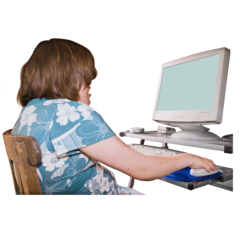Learning Disability England members are working together to help make self advocacy stronger by:
- Helping to find and share evidence on what difference self advocacy makes
- Connecting self advocates and sharing information on what self advocacy groups there are
- Supporting a self-advocacy movement working towards improving health through rights.
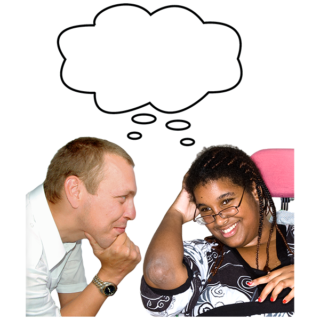
Learning Disability England had help from the Academics Network to start this part of our work.
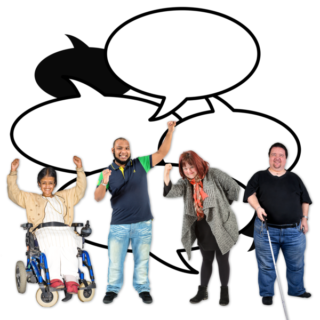
Jan Walmsley, one of Learning Disability England’s Trustees and a respected academic, has done a summary of what we know about self advocacy from what self advocates and researchers have said.
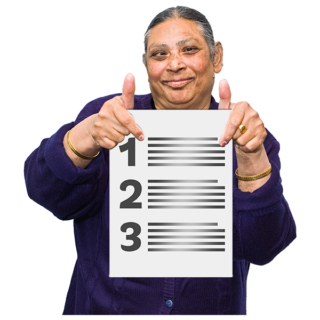
Jan also started a list of the research on self-advocacy and what difference it makes.

We are sharing this so everyone can share what they know about evidence and impact to help make arguments for self-advocacy or help people (like funders) understand it.

You can download that here
Connecting people – list of self advocacy groups in England
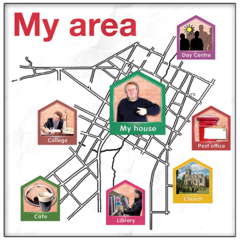
Learning Disability England has supported some work done by Sunderland People First in partnership with the University of Sheffield to create a website of self advocacy groups in England.

If you think something is wrong or missing please let us know.
You can email us at: info@LDEngland.org.uk
Or you can phone us on 0300 111 0444.
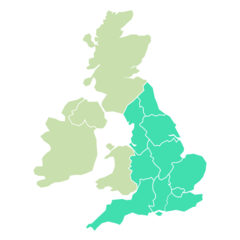
Barod from Wales also made a list in 2018 and gave it to Learning Disability England to host.
Here is Barod’s list of all the self advocacy groups in England. – click here to download list
Working together
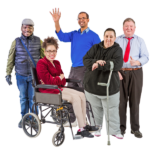
Each year we support and jointly host the national self-advocacy convention in partnership with NWTDT / Pathways.
People from all over England came to build networks and share ideas.
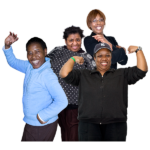
This is part of our work on helping self-advocacy be strong.

You can all about that convention here Link
Sharing Self-Advocacy Best Practice sessions
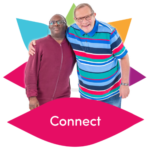
RTR helped us fund a few sessions to help self-advocacy groups around the country connect with each other and share what they are proud of.
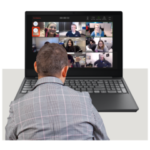
During the coronavirus pandemic We have run regular sessions bringing self advocates and family members together to share ideas and solutions.
You can find out more about that here.

You can book onto future sessions and listen to recordings of past sessions here.
Spokespeople

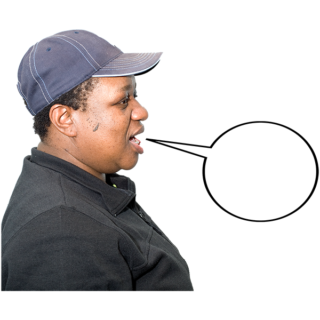
Learning Disability England staff do not speak for members on important issues.

Instead we work with self advocate and family members to make sure they have the skills and confidence to speak up for themselves, get their voices heard and to tell people what is important to them.

You can find out more about Learning Disability England spokespeople here.
Health Through Rights – Self Advocacy as a Social Movement
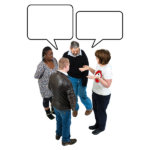
Learning Disability England has also been working with 5 self-advocacy or human rights organisations as one of seven social movements for better health supported by Nesta.
